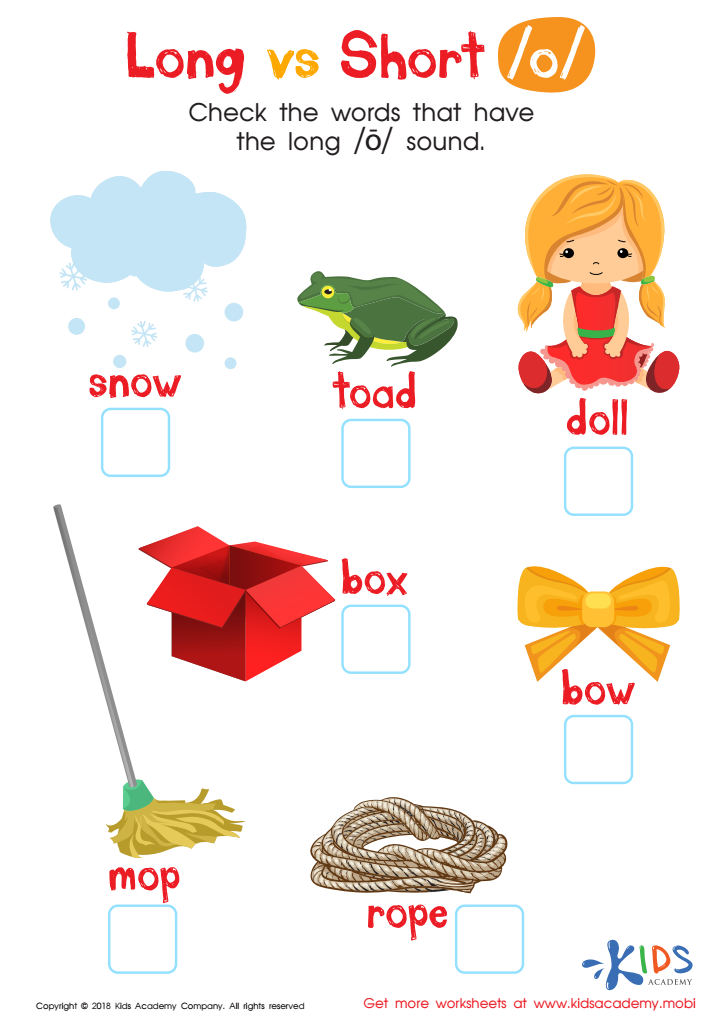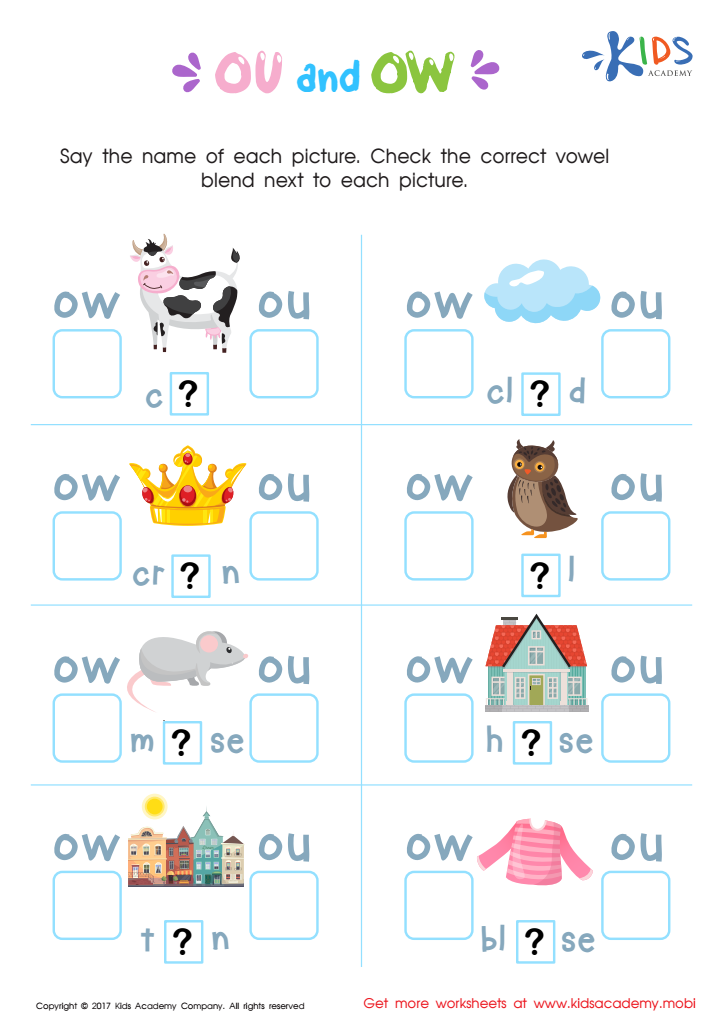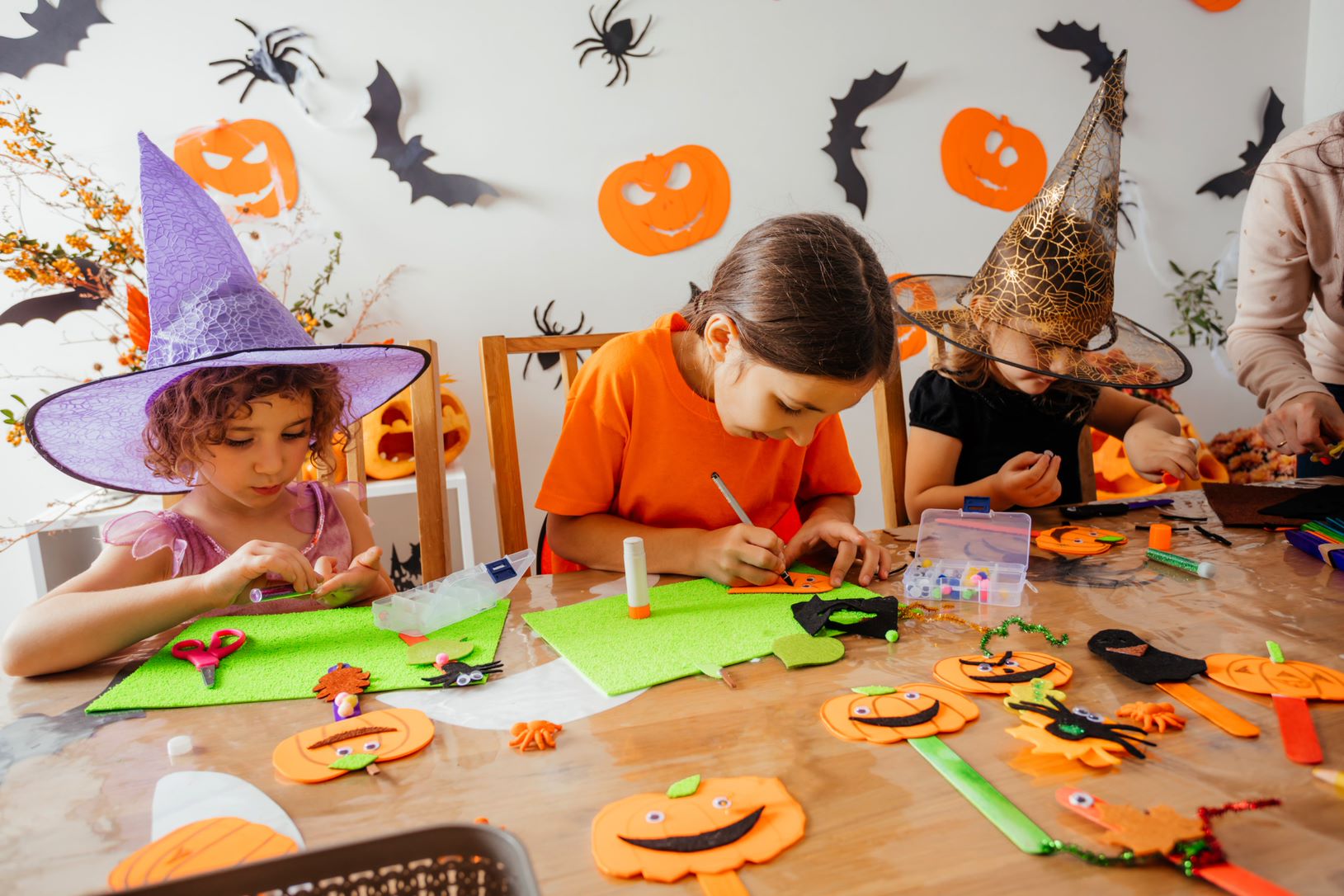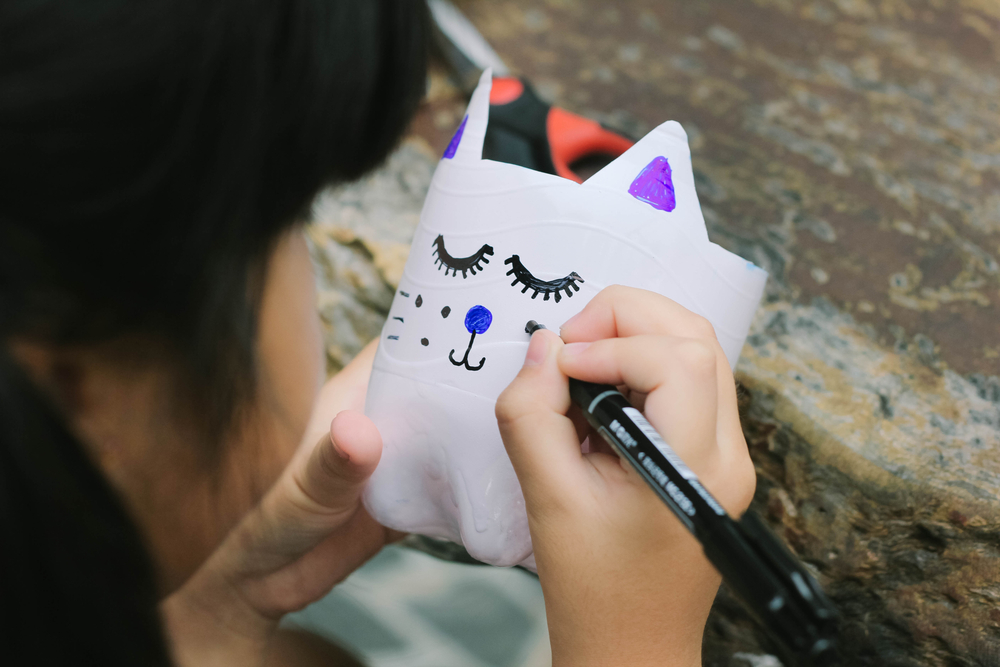Sound differentiation Normal Worksheets for Ages 4-7
3 filtered results
-
From - To
Explore our Sound Differentiation Normal Worksheets designed for children aged 4-7. These engaging worksheets aim to develop vital phonetic skills, helping young learners distinguish between similar sounds. Featuring fun illustrations and interactive activities, they cater to early literacy development and enhance auditory discrimination. Ideal for teachers and parents, each worksheet reinforces sound recognition through enjoyable exercises, making learning enjoyable. Whether in the classroom or at home, these resources provide a solid foundation for reading and language skills. Encourage your child’s love for learning while boosting their confidence with our comprehensive sound differentiation activities! Perfect for pre-K and early elementary education.


Long vs Short O Reading Worksheet


Long and Short Vowel Sentences: Assessment Worksheet


OU and OW Words Worksheet
Sound differentiation is a critical skill for children ages 4-7, as it lays the foundation for effective reading, writing, and communication. At this developmental stage, children are beginning to explore language more deeply, making it essential for parents and teachers to prioritize sound differentiation during learning activities.
Children learn to recognize and distinguish between different sounds within words, which enhances their ability to decode and comprehend text. Mastering phonemic awareness helps them develop stronger literacy skills and fosters a love for reading. Sound differentiation also supports effective oral communication, allowing children to express their thoughts clearly and listen to others accurately.
Moreover, when children struggle with sound differentiation, they may face challenges in grasping complex language concepts later on. By actively engaging in sound differentiation exercises—such as rhyming games, phonics activities, and listening tasks—parents and teachers help build a secure foundation for children’s future academic success.
Incorporating fun, hands-on activities into lessons keeps children engaged and motivated. When adults prioritize sound differentiation, they contribute to children's confidence and competence in literacy, ultimately preparing them for a lifetime of successful communication and learning experiences.
 Assign to My Students
Assign to My Students















